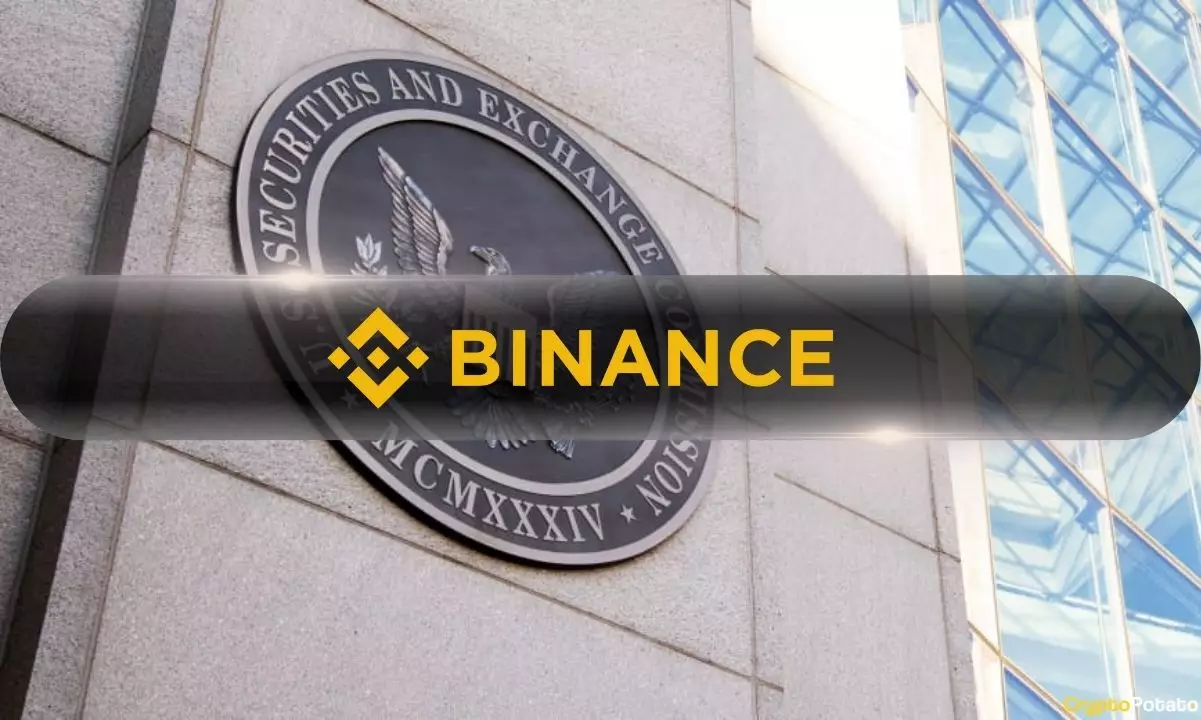In a landmark case that could significantly shape the regulatory landscape of cryptocurrency, the U.S. Securities and Exchange Commission (SEC) is pursuing legal action against cryptocurrency exchange Binance, its U.S. subsidiary Binance.US, and its former CEO Changpeng Zhao. The SEC asserts that these entities have operated an unregistered securities exchange, implicating not only Binance’s native token BNB but also a range of other cryptocurrencies. This ongoing legal battle highlights the urgent need for clarifying the regulatory framework governing digital assets in the United States.
The SEC’s, claims rest heavily on the Howey Test, a legal benchmark established by the U.S. Supreme Court to determine whether certain transactions qualify as investment contracts, and thereby securities. The core tenets of the Howey Test analyze whether there has been an investment of money in a common business enterprise and whether the investor expects profits primarily from the efforts of others. The SEC contends that all three components of the Howey Test are met in cases involving Binance, suggesting that users were led to believe that their investments’ value derived from the success of Binance’s ecosystem.
Expanding the SEC’s Definitions and Challenges
One of the pivotal contentions in this lawsuit is the SEC’s stance on the classifications of secondary market trades as securities transactions. Binance has attempted to defend its operations by arguing that such trades should fall outside the ambit of securities laws. However, the SEC’s recent filings persistently categorize BNB and ten additional cryptocurrencies as securities. This inclusion represents a significant move by regulators and raises critical questions about the nature of trading platforms and their obligations under U.S. law.
The cryptocurrencies being scrutinized include well-known tokens such as Solana (SOL), Cardano (ADA), and Ethereum-like assets including Polygon (MATIC) and Filecoin (FIL). As the SEC amplifies its push for a broader interpretation of what constitutes a security, the implications for both exchanges and cryptocurrency holders could be profound. The prospect of increased regulatory oversight may induce a climate of caution among investors and lead to operational changes across the entire crypto sector.
The lawsuit against Binance has not gone without scrutiny from the judiciary. Judge Amy Berman Jackson has previously criticized certain arguments presented by the SEC, prompting the agency to revise its complaint. This raises broader questions about the internal coherence and rationale of the SEC’s approach to regulating the rapidly evolving crypto market. In response to criticisms alleging its overreach, the SEC has stated that it is not overstepping its jurisdiction through these actions, countering claims of a purportedly expansive regulatory grip on the crypto industry.
The responses from the crypto community have been decidedly mixed. Figures such as Paul Grewal, Coinbase’s chief legal officer, have vocalized concerns regarding the SEC’s inconsistent enforcement strategy, questioning the absence of a formal classification for dominant assets like Bitcoin (BTC) and Ethereum (ETH). This selective enforcement has led to growing frustrations among proponents of regulatory clarity and fairness, who argue that uniform standards should apply across the board.
The impending transition in leadership within the SEC could have further complications for this ongoing legal saga. With Chair Gary Gensler expected to step down in early 2025 and rumored successor Paul Atkins holding a more favorable view on cryptocurrency, the regulatory environment might shift dramatically. As debates continue around the implications of the Howey Test and the treatment of cryptocurrencies as securities, industry advocates are calling for a careful reevaluation of existing legal frameworks.
Legal experts, including crypto attorney John Deaton, have urged the SEC to revisit foundational rulings like the original Howey decision. This suggestion underscores the need for regulators to balance consumer protections with innovation, ensuring that the regulatory framework is conducive to the growth of an industry that, despite its volatility, represents a significant technological advancement.
As the SEC’s lawsuit against Binance progresses, it stands at the intersection of innovation, regulation, and consumer protection. The outcomes will not only impact Binance and its users but will also likely set precedents that will resonate throughout the cryptocurrency space for years to come. The quest for regulatory clarity remains pivotal as stakeholders work to define the future of digital assets in a rapidly evolving market.








